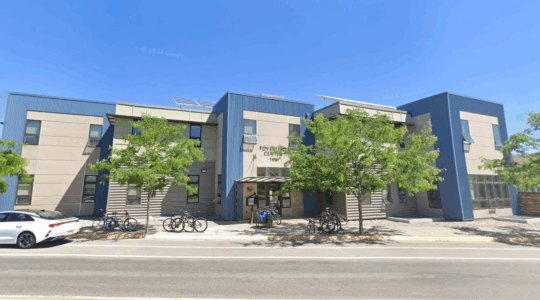NEW YORK, March 10 (JTA) — Not satisfied with the action of the U.N. Security Council on Israeli plans for Jewish housing in eastern Jerusalem, the Arabs have taken their case all the way to the General Assembly. The U.N. General Assembly debate, slated to begin Wednesday, follows the U.S. veto last Friday of a Security Council resolution sharply critical of the initiative to build housing on Har Homa. All other 14 members of the council supported the resolution, which characterized the proposed construction as “illegal” and called it “a major obstacle to peace.” At a news conference with Egyptian President Hosni Mubarak, President Clinton defended the U.S. decision, which has come under fire, especially from Arab nations. Clinton has criticized the construction. But he said the veto reflected “the consistent U.S. position that we could never achieve peace through U.N. Security Council resolutions.” He reiterated the oft-stated U.S. posture that the only way to resolve such sensitive disputes is between the two parties and said the resolution was an attempt to “pre-judge final-status” issues, which include the status of Jerusalem. For his part, Mubarak said he was alarmed by Israeli actions which undermine the peace process. The assembly debate reportedly was requested by the chairman of the U.N.’s Arab group, Qatari Ambassador Nasser bin Hamad al-Khalifa. The Security Council resolution followed a two-day debate on the plan with several dozen speakers. The United States tried in vain to persuade the council to substitute a non-binding statement for the binding resolution. While casting the veto, U.S. Ambassador Bill Richardson said the Israeli action “undermines the trust and confidence so badly needed in creating the appropriate environment for successful negotiations.” After the vote, the Israelis reiterated their long-standing position that “the Security Council is not the appropriate forum for discussions on outstanding issues between Israel and the Palestinians,” said David Peleg, Israel’s acting permanent representative to the United Nations. “The adoption of unbalanced positions by outside parties can only damage” the peace process. Unlike Security Council resolutions, the decisions of the 185-member General Assembly are not binding. Nonetheless, the debate loomed as a political embarrassment both to Israel and the United States.
JTA has documented Jewish history in real-time for over a century. Keep our journalism strong by joining us in supporting independent, award-winning reporting.





